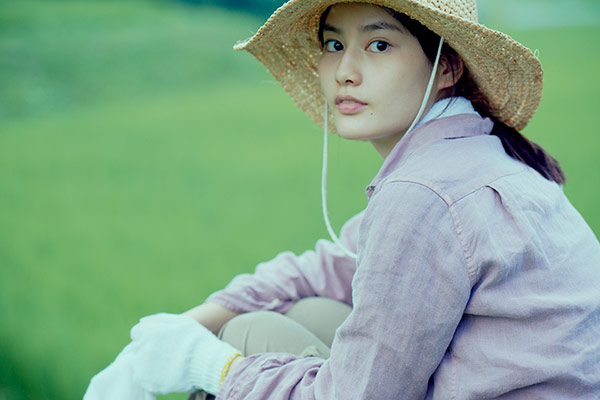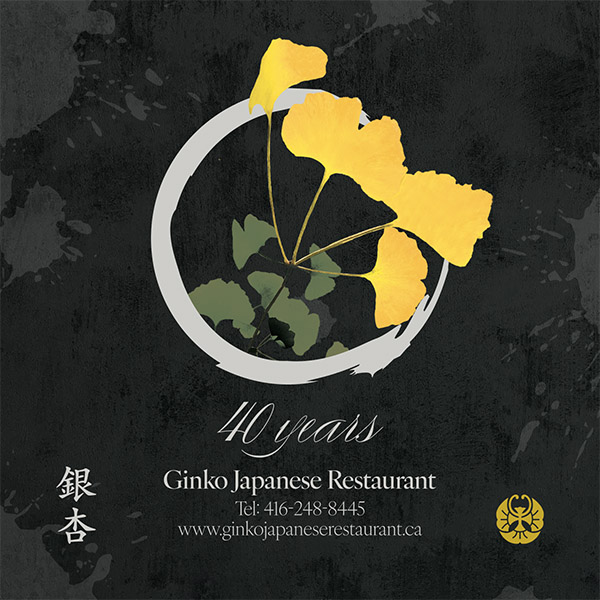Ichiko, portrayed by Ai Hashimoto, leaves her life in the city to immerse herself in rural Japan’s culinary traditions. Photo courtesy: JCCC
Based on Daisuke Igarashi’s popular manga series, director Junichi Mori’s Little Forest: Summer/Autumn is a thoughtful and beautifully realized contemplation of one young woman’s relationship with nature, family, food and self.
Abandoned by her mother, a young Ichiko leaves her life in the city to live off the land in Komori, her tiny hometown nestled in the mountains of Tohoku.
Despite the void left by her mother’s disappearance, Ichiko immerses herself in traditional farming. She comes to enjoy her independence and revels in her newfound connection to nature and the foods she makes from seasonal ingredients.
Visually luxuriant, this gentle cinematic tone poem follows Ichiko – portrayed by Ai Hashimoto – through one summer and autumn, as she learns to use and respect the time-honoured wisdom of rural folk and reads the cycle of life and connectedness in the environment around her. The film’s pace is appropriately leisurely and Hashimoto gives an effectively enigmatic performance that combines a quietly internalized melancholy and conflicted feelings about her character’s return to Komori, with moments of girlish exuberance and discovery.
The real star of the film though, is the food, and viewers should have a reservation booked at a favourite restaurant, or a fridge well stocked with locally sourced organic delicacies, for their post-screening meal.
Popular food coordinator Yuri Nomura and her “eatrip” team created all the simple but inventive dishes using ingredients from local fields and mountains. In summer, these dishes include pasta with fresh tomatoes and malted rice cocktails. In autumn, there are dishes made with sweetened chestnuts boiled in sugar and steamed rice flavoured with mountain walnuts. Winter means warm country stews and azuki bean muffins and spring brings gently stir-fried miso with butterbur and spring cabbage fritters.
In fact, much of the dialogue is simply an explanation of the food, from planting and gathering, through preparation and its final delectable delivery to Ichiko’s palate.
The cycle of Japanese life is, in part, measured in the appearance and heightened appreciation of fresh seasonal and regional food. Little Forest is a loving acknowledgment of this fundamental facet of the Japanese culinary culture.
The film plays as part of the Toronto Japanese Film Festival (June 11-26). The follow-up film Little Forest: Winter/Spring screens at JCCC in July, again depicting the blessings and harshness of nature as Ichiko continues her spiritual and culinary journey through the frigid winter and the beautiful unfolding of spring.







 09 Jun 2015
09 Jun 2015
 Posted by Matthew O'Mara
Posted by Matthew O'Mara 














